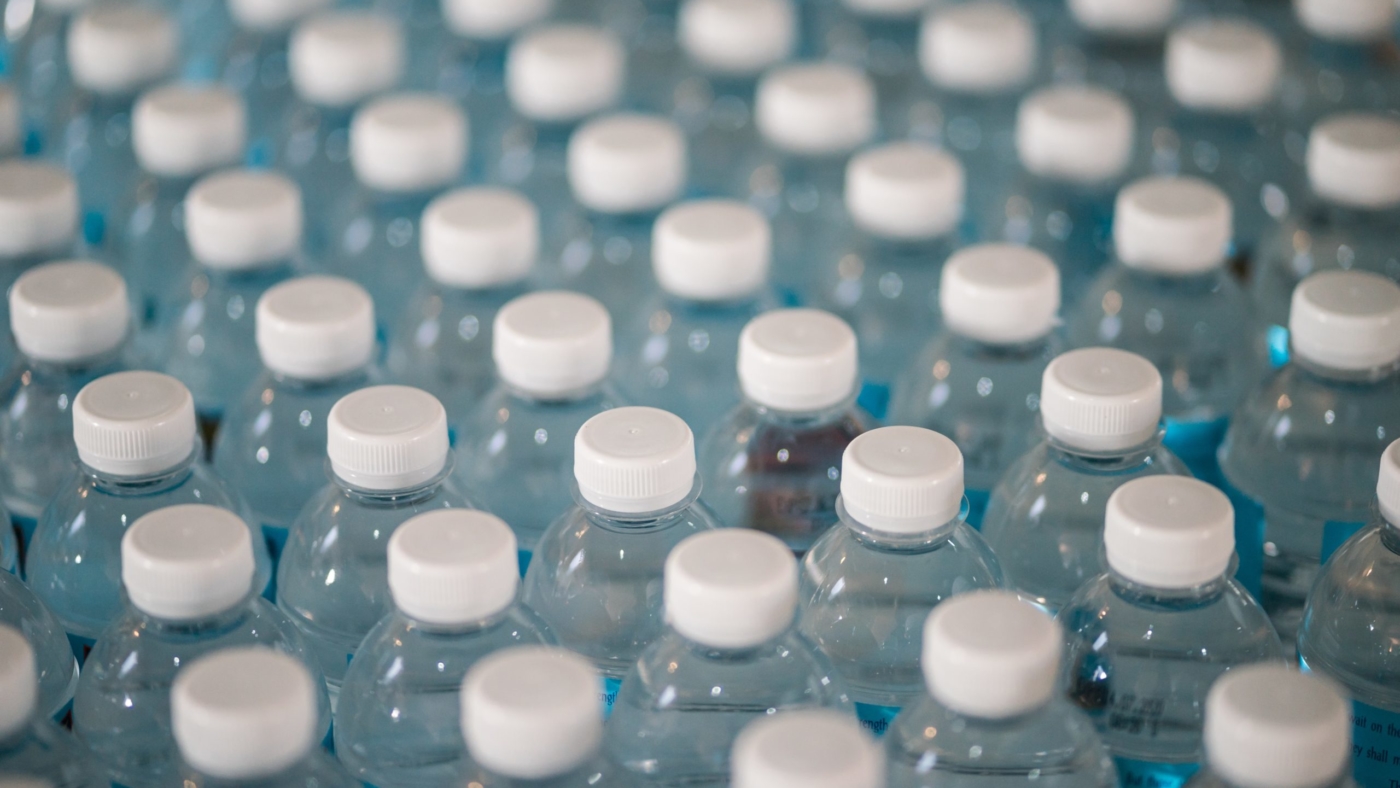Bottled water has become increasingly popular in recent years, with millions of people around the world relying on it for their daily hydration needs. However, have you ever stopped to consider the environmental consequences of this seemingly harmless habit? In this article, we will delve deep into the environmental impact of bottled water and explore an alternative – alkaline water. Prepare to be astonished as we uncover the truth about the true cost of convenience.
The Truth about Bottled Water
Bottled water has become a ubiquitous presence in our lives, readily available in convenience stores, supermarkets, and even vending machines. Its popularity stems from its perceived purity and convenience, as consumers buy into the notion that it is a healthier option. However, there is a darker side to this seemingly innocent beverage.
The Environmental Conundrum of Bottled Water
Plastic Pollution and Long-lasting Impact
Plastic bottles, the main vessel for bottled water, pose a significant threat to the environment. These bottles are made from non-biodegradable materials, which means that they remain intact for hundreds of years, polluting our landfills, oceans, and waterways. It is estimated that over 8 million metric tons of plastic enter the oceans each year, the majority of which is composed of single-use plastic bottles. As these bottles decompose over time, they release harmful chemicals into the environment, further exacerbating the problem.
Resource Depletion and Wasteful Production
The production of bottled water requires a staggering amount of resources, including water itself. According to a study conducted by the Pacific Institute, it takes approximately three times the volume of water to produce a single bottle of water. This means that not only are we depleting our precious water supplies, but we are also wasting significant amounts of it in a world where water scarcity is an alarming issue. Furthermore, the production of these bottles contributes to carbon emissions, adding to the overall carbon footprint.
The Economic Cost of Bottled Water
While the environmental impact of bottled water is staggering, so too is its economic cost. Bottled water, often marketed as a premium product, comes with a hefty price tag compared to its tap water counterpart. In fact, the markup for bottled water can be as much as 3000%. This stark difference in pricing reveals the power of marketing and consumer perception. By choosing tap water over bottled water, not only can individuals save money, but they can also contribute to a more sustainable future.
The Call for Change: Alkaline Water as the Solution
Alkaline Water – A Healthier and Greener Choice
Enter alkaline water – a healthier and greener alternative to bottled water. Alkaline water undergoes a process that increases its pH level, making it less acidic and more alkaline. This shift in pH is believed to offer various health benefits, including improved hydration and enhanced detoxification. What sets alkaline water apart is not only its potential health benefits but also its eco-friendly production process.
Electrolysis and the Environment
The production of alkaline water involves a process called electrolysis, where ordinary tap water is passed through an ionization chamber. This process not only increases the water’s alkalinity but also removes impurities, providing a cleaner and purer drinking experience. Unlike bottled water, which relies on plastic bottles that contribute to pollution and resource depletion, alkaline water can be conveniently produced and consumed without the need for wasteful resources.
Cost-Effectiveness and Health Benefits of Alkaline Water
When considering the cost of alkaline water production versus bottled water, the former is significantly more cost-effective. While initially, the investment in an alkaline water system may seem higher, the long-term savings outweigh the initial expense. Additionally, alkaline water contains essential minerals such as calcium, magnesium, and potassium, which can provide additional health benefits beyond traditional hydration. By embracing alkaline water, individuals can adopt a holistic lifestyle shift that not only benefits their health but also the environment.
Conclusion
Now that we have the truth about the environmental impact of bottled water and explored the alternative of alkaline water, it is evident that a change is necessary. By making the switch to alkaline water, individuals can pave the way for a healthier planet. The environmental conundrum of plastic pollution, resource depletion, and wasteful production associated with bottled water can be drastically reduced. Let us embrace the concept of alkaline water and embark on a journey towards a cleaner environment.
Next time you’re feeling thirsty, ditch the bottled blues and ride the alkaline wave. Let’s paddle towards a healthier and cleaner world together, making waves of change. It’s time to be the eco-champions our planet needs, saving it from plastic overload.


Leave A Comment